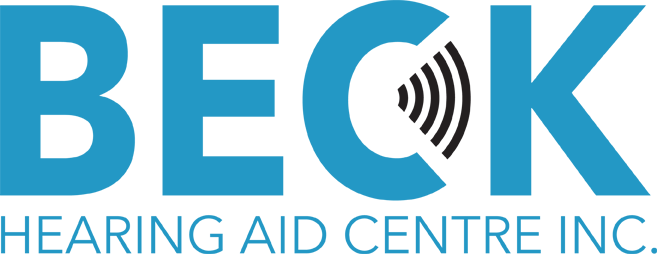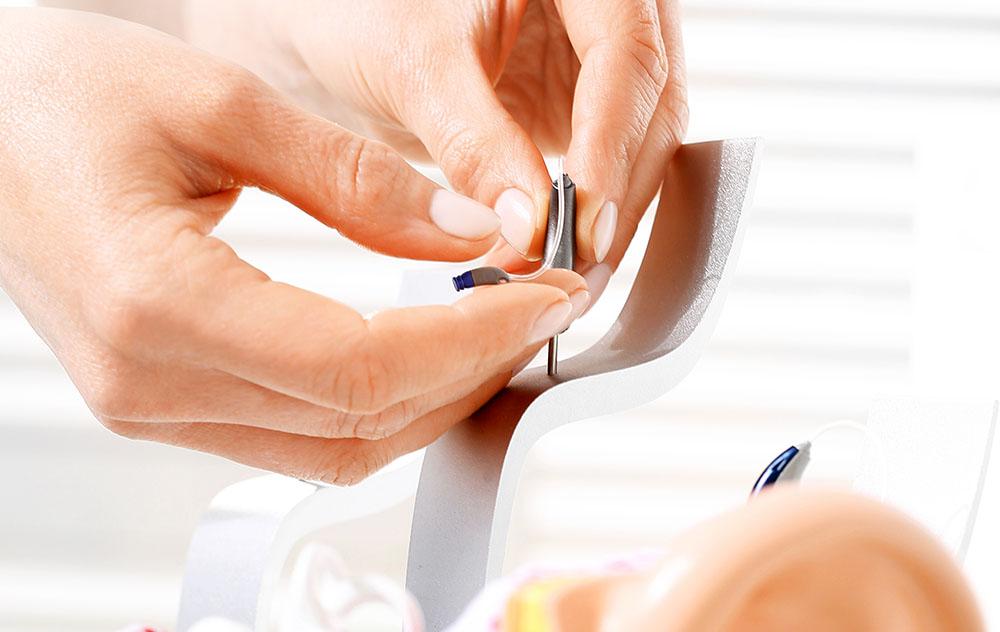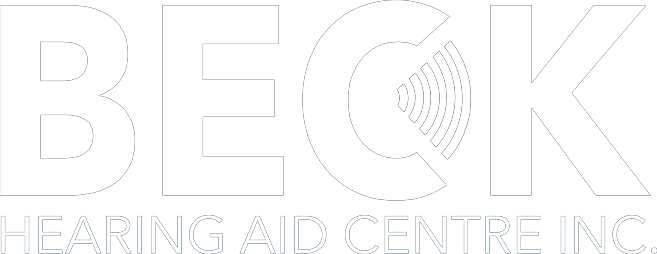When it comes to the world of hearing and technology, there are several different types of professionals that can help you along the way. It is important to understand what these professionals do so that you can ensure you connect with the right expert for you based on your requirements. We are going to look at the role of a hearing instrument specialist, as well as the role of a hearing aid dispenser. A lot of people tend to assume that these titles refer to the same job but that is certainly not the case. So, with that in mind, let’s look at both options in further detail.
What is a hearing aid dispenser?
A hearing aid dispenser (HAD) is a professional who is fully qualified when it comes to assessing hearing and providing aftercare for hearing aids. A hearing aid dispenser will have the ability to work in several different organizations. They can work in small self-run companies, large chains, hospitals and health clinics. They provide a varied selection of hearing technology, support and rehabilitation for anyone experiencing hearing difficulties. In a healthcare environment, a hearing aid dispenser will evaluate a person’s need for a hearing aid. They will then ensure that the hearing technology is fitted correctly, as well as providing continual rehabilitation and support when needed.
What is a hearing instrument specialist?
Now that you have a good understanding regarding what a hearing aid dispenser does, let’s look at the role of a hearing instrument specialist. A specialist is going to have more experience than a dispenser and, they will be able to assist you with a wider range of technologies.
Most of the time, a hearing instrument specialist is going to be serving most individuals that have hearing difficulties that have been caused because of their age. A professional in this capacity will assess every case, depending on the results of assessment and testing. They will use an audiogram to test a person’s hearing, which will determine the extent of the hearing loss that the individual in question is experiencing in both ears. When needed, other tests may be used.
There are several different workplaces that are suitable for hearing instrument specialists. They will typically work in an office and will have a large and varied range of hearing aids available to them, as well as a lot of testing equipment. A hearing instrument specialist can often be the first call you make when you think that there could be something wrong with your hearing.
Hearing instrument specialists will also be able to help you find the most suitable technology for your specific hearing loss, lifestyle and budget needs. They will work with you to choose the style of device, which can include:
- In the ear (ITE)
- In the canal (ITC)
- Behind the ear (BTE)
- Completely in canal (CIC)
- Invisible in canal (IIC)
Which style is right for you depends largely on the severity of your hearing loss and what you are looking for in a hearing aid. Devices worn in the outer ear bowl and in the canal can offer more privacy and discreteness but may be difficult to handle if you have dexterity issues. While hearing aids worn behind the ear are slightly larger, they are powerful and can house several advanced features, while still being easy to maintain and change batteries
In addition to the style that is suitable for you, your hearing instrument specialist will help you determine which features will be most beneficial to your needs, and may include: Bluetooth, directional microphones, multi-settings and noise reduction. They will also provide a host of after-care services to ensure your hearing aids receive the proper care and maintenance they need. This includes detailed cleanings and repairs if your hearing aid develops any issues. They can perform many repairs in-house, which means you won’t have to go as long without your devices.
We hope that you now have a better understanding of the difference between a hearing instrument specialist and a dispenser. We know that it can often be very difficult to know what sort of specialist you need when it comes to your hearing and ensuring you get the right device and that it is fitted correctly. Luckily, though, you do not need to search far, as the Beck Hearing Aid Centre has you covered. Contact us today for more information on how we can help you with your hearing loss or hearing aids at (519) 438-0492.


